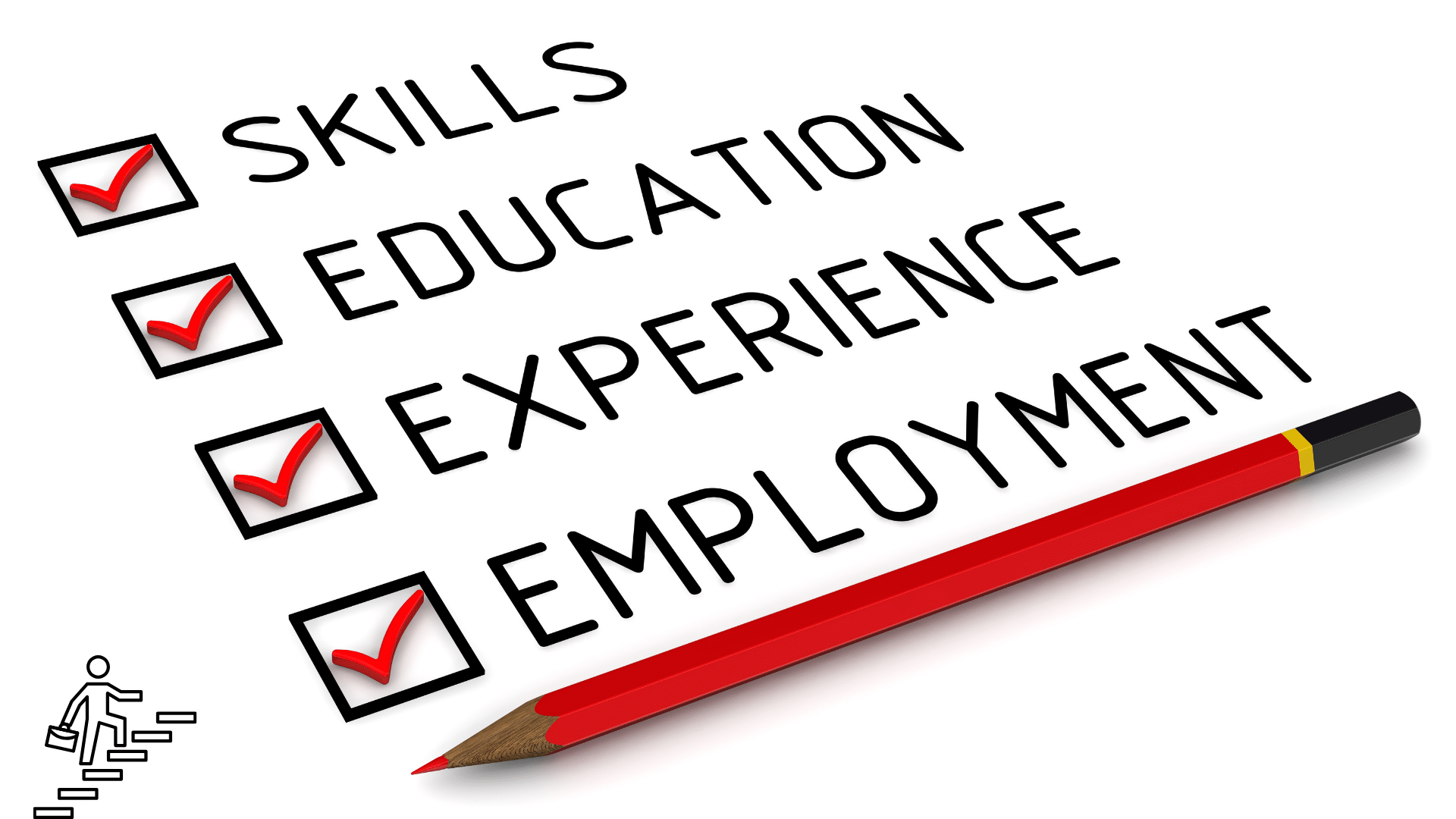Ensuring Your Employability in the UK
Being “job-ready” means having a strong combination of in-demand skills and the ability to articulate them effectively to potential employers.
1. Key Employability Skills to Possess
A. Soft Skills (Transferable & Highly Valued)
These are the personal attributes that allow you to adapt and thrive in any workplace. Employers in the UK consistently seek these:
- Communication: Clear verbal and written expression, active listening, and tailoring your message to different audiences.
- Problem-Solving & Critical Thinking: The ability to identify issues, analyse situations logically, and develop effective solutions.
- Adaptability & Resilience: Being flexible to change, learning new things quickly, and effectively handling setbacks or pressure.
- Teamwork & Collaboration: Working effectively and positively with others, contributing ideas, and building strong relationships.
- Leadership & Self-Management: Taking initiative, motivating others (even without a formal title), managing your own time, and taking responsibility for your work.
- Commercial Awareness: Understanding how a business operates, its industry, and the wider economic factors affecting it.
- Time Management & Organisation: Prioritising tasks, meeting deadlines, and working efficiently.
- Emotional Intelligence: Understanding and managing your own emotions, and empathising with others.
B. Hard Skills (Technical & Measurable)
These are specific abilities often required for particular roles and industries. Their importance varies by sector, but many are broadly applicable:
- Digital Literacy: Proficiency with common software (Microsoft Office, Google Workspace), email, and internet navigation.
- Data Analysis & Visualisation: The ability to interpret data, use tools like Excel or more advanced software (e.g., Tableau, Power BI, SQL), and present findings.
- Project Management: Understanding methodologies (Agile, Scrum) and using relevant tools.
- Cybersecurity Awareness: Basic knowledge of online safety and data protection.
- Specific Industry Software/Tools: Competence in applications unique to your target profession.
- Basic Financial Literacy: Understanding budgets, expenses, and financial principles relevant to a business.
2. How to Ensure You Are Job-Ready (Demonstrating Your Skills)
Possessing skills is one thing; effectively showcasing them is another.
- Self-Assess & Identify Your Skills:
- Honestly evaluate your strengths and areas for development from all aspects of your life (education, previous jobs, volunteering, hobbies).
- Research specific job descriptions to understand the required skills for roles you’re interested in.
- Actively Develop & Update Your Skills:
- Formal Learning: Enroll in online courses, workshops, or certifications.
- Experiential Learning: Gain practical experience through volunteering, internships, work placements, or personal projects. This allows you to apply and strengthen skills.
- Continuous Learning: The job market evolves, especially with technology. Stay curious, read industry news, and commit to lifelong learning.
- Optimise Your Application Materials:
- Tailor Everything: Customise your CV and cover letter for each application. Highlight skills and experiences directly relevant to the job description.
- Use the STAR Method: For both your CV and interviews, use the Situation, Task, Action, Result method to provide concrete examples of how you used a skill and the positive outcome you achieved. Quantify results where possible (e.g., “Increased sales by 15%”).
- Keywords: Incorporate keywords from the job description naturally into your application.
- Refine Your Online Professional Presence:
- LinkedIn: Ensure your LinkedIn profile is up-to-date, professional, and showcases your skills and experience.
- Social Media Audit: Clean up other social media profiles to ensure they present a positive image.
- Practice Interview Skills:
- Research the Company & Role: Understand their mission, values, recent news, and the specific duties of the position.
- Prepare Answers: Think through common interview questions (e.g., “Tell me about your strengths/weaknesses,” “Why do you want to work here?”) and practice your responses using the STAR method.
- Ask Questions: Prepare insightful questions to ask the interviewer, showing your genuine interest and engagement.
- Mock Interviews: Practice with a friend, mentor, or career adviser to get comfortable and receive feedback.
- Network Effectively:
- Connect with professionals in your desired industry online and at events. Networking can open doors to opportunities and provide valuable insights.
By systematically addressing these points, you’ll not only develop the necessary skills but also become adept at showcasing them, significantly increasing your employability in the UK job market.

